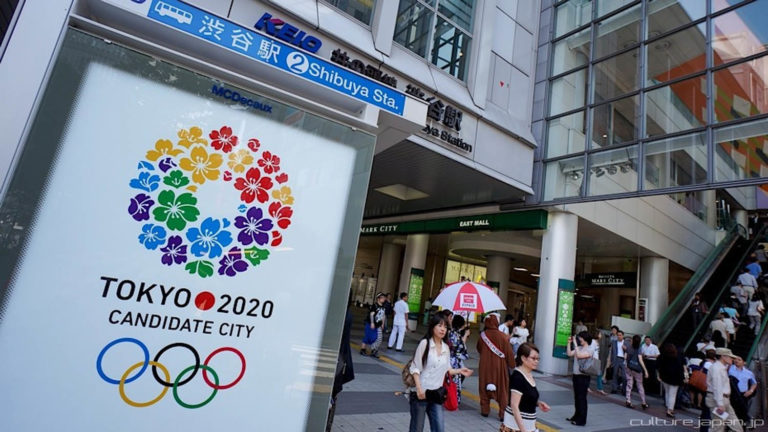By Zack Peñalva, Sports Editor
Robots, man-made meteors, self-driving cars — while it may all seem like science fiction, what place is more likely to make it reality than the technology hotbed that is Tokyo? Since winning their bid to host the summer Olympic Games in 2020, the plans for what to expect keep getting more and more elaborate.
According to Popular Science, Japanese Prime Minister Shinzo Abe has already promised that robotic, self-driving taxis will be available for those in Tokyo for the games. But it doesn’t end there. CNN reported that Japan will be tripling their robotic research budget to over $21.5 billion. If you’re not hailing a robo-cab, there’s a good chance you’ll still run into some type of e-helper either in the form of a concierge, cashier or tour guide.
In the Olympic Village, home of all the athletes at the games, the Tokyo committee has other lofty goals. On top of housing the 6,000 athletes expected to be in attendance, the village is to be entirely environmentally friendly. The Washington Post reports that the city will spend over $367 million to install hydrogen-fuel cells that will power the whole village.
With the city’s first chance to impress coming at the opening ceremony, Japanese company Star-ALE might hold the key to making one of the best first impressions in the games’ history. According to Smithsonian Magazine, the company claims to have mastered a method of creating artificial meteor showers and wants to use their technology for the ceremony.
And for those of us staying at home, new broadcasting technology might make it feel like you’re actually there. Japan’s national broadcast station has already begun using 8k, ultra-high definition cameras for their sports broadcasts.
After all the problems and controversy surrounding the last games in Rio, the best thing for the games might just be a bit of stability above anything else.




